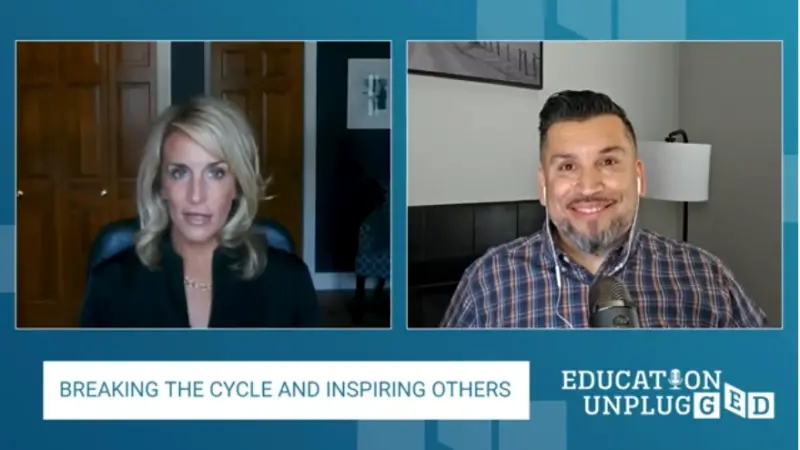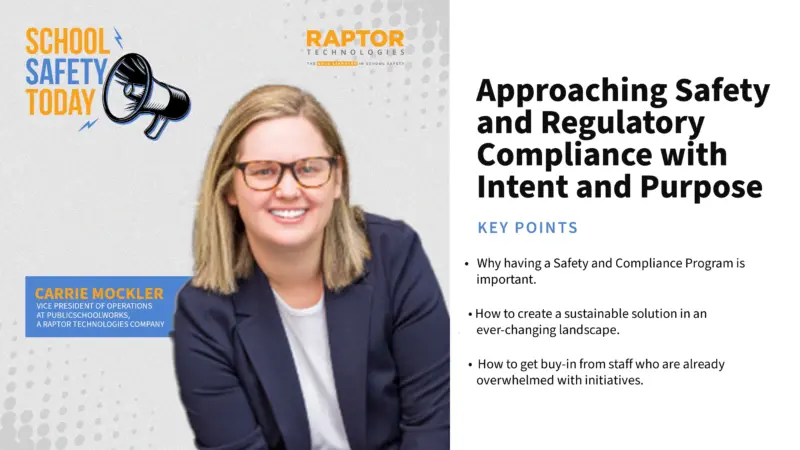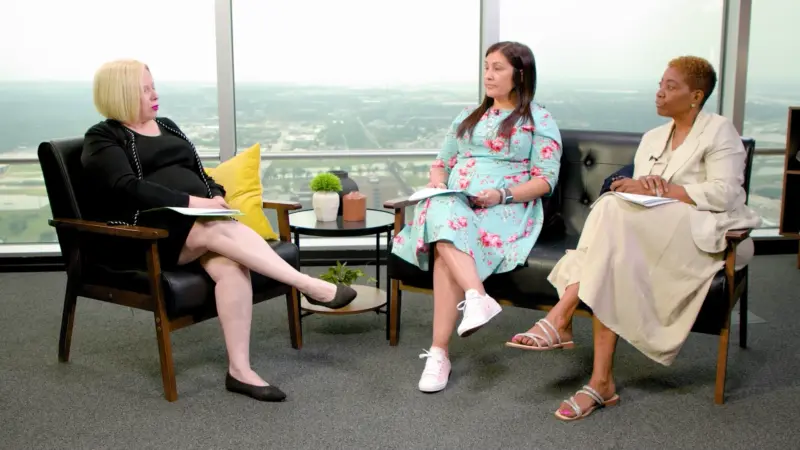Developing Collective Efficacy Among Your Team | Insights from Superintendent Dr. Deborah Wortham’s Transformative Approach to Education
School leadership today is a journey beyond simple administration—it’s about constructing a supportive environment where staff and students thrive. Leaders take on a multifaceted role, acting not merely as managers, but as facilitators of collaboration, respect, and a shared sense of purpose. Even in the face of difficulties, such as those imposed by the recent pandemic, they adapt and transform challenges into opportunities for growth. The heart of their work is building relationships, from recognizing staff efforts to celebrating students’ positive behavior. This approach fuels a nurturing culture that enhances the learning environment and promotes continuous improvement. Now, let’s gain insights from someone at the heart of such effective leadership—our guest, Dr. Deborah Wortham, an experienced educational leader who has navigated these challenges firsthand; Selected Top 100 Most Influential Educator in New York (2020).
- Effective school leadership involves moving beyond operational management to a focus on respect, establishing clear goals, listening to staff input, leading by example, providing regular constructive feedback, delegation, and making meetings matter.
- Building relationships with students, staff, and caregivers is crucial to a school leader’s success. This includes fostering support, collaboration, and a strong school culture, particularly in light of challenges posed by the pandemic.
- A good principal remembers what it’s like to be in the classroom and prioritizes collaboration with teachers.
- As a principal, establishing trust with everyone in the school is important. This can be achieved through methods like staff shout-out boards, writing cards, providing feedback and encouragement, and showcasing good work at faculty meetings.
- To foster a positive environment, practices like positive office referrals and rewarding students for good behavior or academic excellence can be used.
- Principals can often feel alone, so having a support system in place, such as a network of other principals, is beneficial.
- A principal’s role is dynamic, with a desire to support teachers directly but often being pulled away due to other responsibilities. Balancing these priorities can be a challenge, especially during times of crisis like the Covid-19 pandemic2.
- New teachers and administrators are encouraged to ask questions, remember their strengths, and keep in mind that everyone in the education system is working towards benefiting the students.
Related Article: Forging Student Leadership Skills in Schools
Related Article: How the Best School Leaders Create Enduring Change


